Essay
Becoming Chinese
or How I Grew Up with Mee Hoon Kueh on Weekends
Vanessa Mei Crofskey
I remember the wallpaper most vividly. Reprints of bamboo branches painted like traditional Chinese watercolours patterned the kitchen of my childhood home. Their fluid green brushstrokes sprang forward, stretching leafy limbs across the walls.
How can wallpaper speak of identity?
Jun Yang, a Chinese-born Viennese artist, documents his own migration story through a composite of google searches in his video Becoming European or How I Grew up with Wiener Schnitzel (2015). A specially produced version of his wallpaper Àokèlán (2019) weaves together the stories of Chinese history and migration to New Zealand alongside images of existing sites across Tāmaki Makaurau, rendered in Chinese ink painting. Each ink mark is an affirmation of our existence as Asians in Aotearoa.
Yang uses wallpaper as “a metaphor for understanding a foreign culture.” As we are perceived to be a foreign culture, many areas of Auckland are unearthed. These range from the chilli oil wafts of Dominion Road, to Maungawhau where the wind billows black wiry hair across faces in snapshots. Our diverse and sprawling city, which pockets so many inhabitants, is so often portrayed in a Western lens: colonised and civilised by Europeans. The stylistic choice to paint this city’s landscapes in a traditional Chinese style affirms the many Asian people who call this place and country home. Our history stretches from the recent influx of international students to the yellowed skin gold miners who arrived on shore more than a hundred years ago. Historically excluded from the dominant narrative, Yang challenges the Sinophonic moral panic voiced by even the most well-intentioned Pākēha journalists and politicians. Who gives a settler the right to bar entry to others on stolen Māori land? We should be proud to be Chinese and exist here.
To be proud in Chinese culture does not necessarily mean claiming yourself loudly. My family rarely wore cheongsams outside of Lunar New Year parades. We never spoke Hua Wen to one another outside of language school. Instead, culture surrounded us in a quiet embrace. My mother’s Malaysian-born Chinese origins surfaced in household decorations. There was the bamboo wallpaper in the kitchen, a massive red hanging fan in the corridor, delicate embroidered tapestries of boatmen wearing rice hats. Bold red animals stuck up with blu tack fashioned zoos across doors and windows. I don’t believe my mother was intentionally radicalising the house or trying to “invade” our small white Wellington suburb, but it was a gentle acknowledgment of where she had come from, and how far home had travelled to meet her.
I can’t help but think of K. Emma Ng’s book Old Asian, New Asian1 when watching Jun Yang’s video. Ng’s book charts the New Zealand laws that were designed to exclude Oriental bodies from staying in the country long term, and the tension between those who grew up here fighting to belong against recent mainland migrants. Becoming European… narrates the artist’s experience of migration to Austria as a young child, created during the European Migration Crisis. He has a distinctly Eastern European accent, which swiftly switches into the lilting clipped tones of Mandarin. A variety of google image searches outline what the terms ‘refugee’ ‘threat’ or ‘restaurant’ look like according to the memory of the internet.
“As a child I tried very hard not to be different,” Yang muses. I think of the ever-shifting tides of geographic identity that we either embrace or hurl ourselves against. How I unconsciously survey public spaces to count how many Asian people are in my vicinity: on the bus, at university, in the library. I want to protect them. I want to proclaim my difference.
We shouldn’t have to define ourselves so severely. We have always had a right to belong. Our wallflower history surrounds us like a painting.
1 Ng, K. E. Old Asian, New Asian. Auckland: Bridget William Books, 2017.

Gus Fisher Gallery
74 Shortland Street
Tāmaki Makaurau Auckland Central 1010
Tuesday – Friday:
10am – 5pm
Saturdays:
10am – 4pm